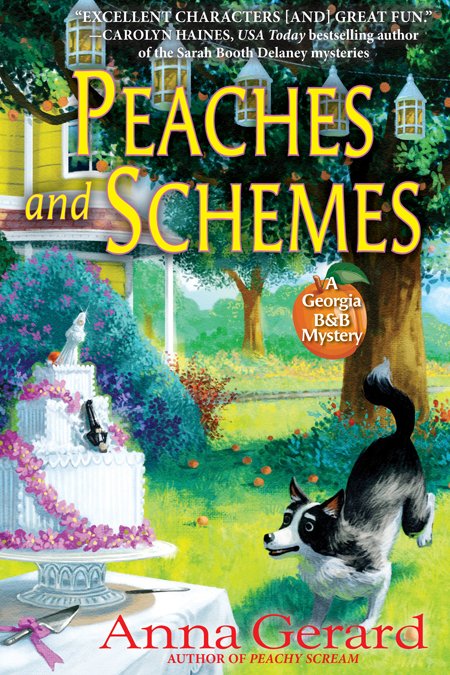Let’s Talk with James M Jackson
That’s for the birds
by James M Jackson
 I am a reasonably curious person, which can be a bad thing when I am doing research for a novel. I can easily start gathering information about why mowed grass smells so nice and end up engrossed in reading about the negative effect of warmer oceans on krill and whales. Not long ago, I was writing a blog about how birding and writing had many similarities and I thought of the phrase “that’s for the birds.”
I am a reasonably curious person, which can be a bad thing when I am doing research for a novel. I can easily start gathering information about why mowed grass smells so nice and end up engrossed in reading about the negative effect of warmer oceans on krill and whales. Not long ago, I was writing a blog about how birding and writing had many similarities and I thought of the phrase “that’s for the birds.”
Before looking it up, I thought the expression meant something was nonsense, or illogical, or maybe even crazy. Idiomatic expressions by definition don’t make strict sense, although in the past they may have been related to actual practices or occurrences. By the time they reach us, they are stripped of their context.
As is my wont, I performed some online searches and was surprised that this phrase seems to have arisen as a cleaned-up version of an expression used informally by US Army soldiers during World War Two. The original expression was probably “that’s shit for the birds” – as in horse manure, which contains seeds that attract birds. The cuss word was removed for politeness (or at least newspaper and magazine publication, where the first instance of the expression that I turned up appeared in 1943) and has left us with “that’s for the birds” meaning nonsense, a polite form of “crap.”
How about you? Have you discovered the origin for any expressions that surprised you?
Posted in Let's Talk, with James M. Jackson, zed: Former Authors • Tags: BLB Discussion, James M. Jackson, Let's Talk, Thats for the birds | 6 Comments







Dead Ringer. On a recent trip to New Orleans, we learned about their above-ground tombs and how when people died of yellow fever and were buried, sometimes they weren’t really dead (they were in a coma), so they started the practice of tying bells to the “deceased” that rang outside the tomb in case they roused from their coma. This is also the origin of “saved by the bell” and “graveyard shift” (for the workers who patrolled the cemetery to listen for bell ringers). I understand the etymology of the second two phrases, but dead ringer has an entirely different connotation today, which is what surprised me.
Growing up nearsighted, I am very familiar with “blind as a bat”. when you’re nearsighted, most of the world is a blur. Conversely, bats have 2 ways to see, with their eyes and with echolocation, which is like sonar. So it should be a complement to be called blind as a bat, but somehow without the echolocation and crisp vision, the praise falls short.
LOL – I feel you, Maggie!
Very interesting origin. It’s amazing where some of the stuff comes from that we say without thinking.
Thanks, interesting!
“Flying by the seat of one’s pants”: the pre-cursor saying that we get the idea of being a “pantser” from. It actually did have something to do with flying (the kind that relies on instinct more than instrumentation) but it was first used to describe “Wrong Way” Corrigan, who famously got lost and refused to admit it. I didn’t even know Corrigan was real — if you’d asked me to compete the name of a famous pilot beginning with “Wrong Way” I would have suggested Wrong Way Feldman from Gilligan’s Island.